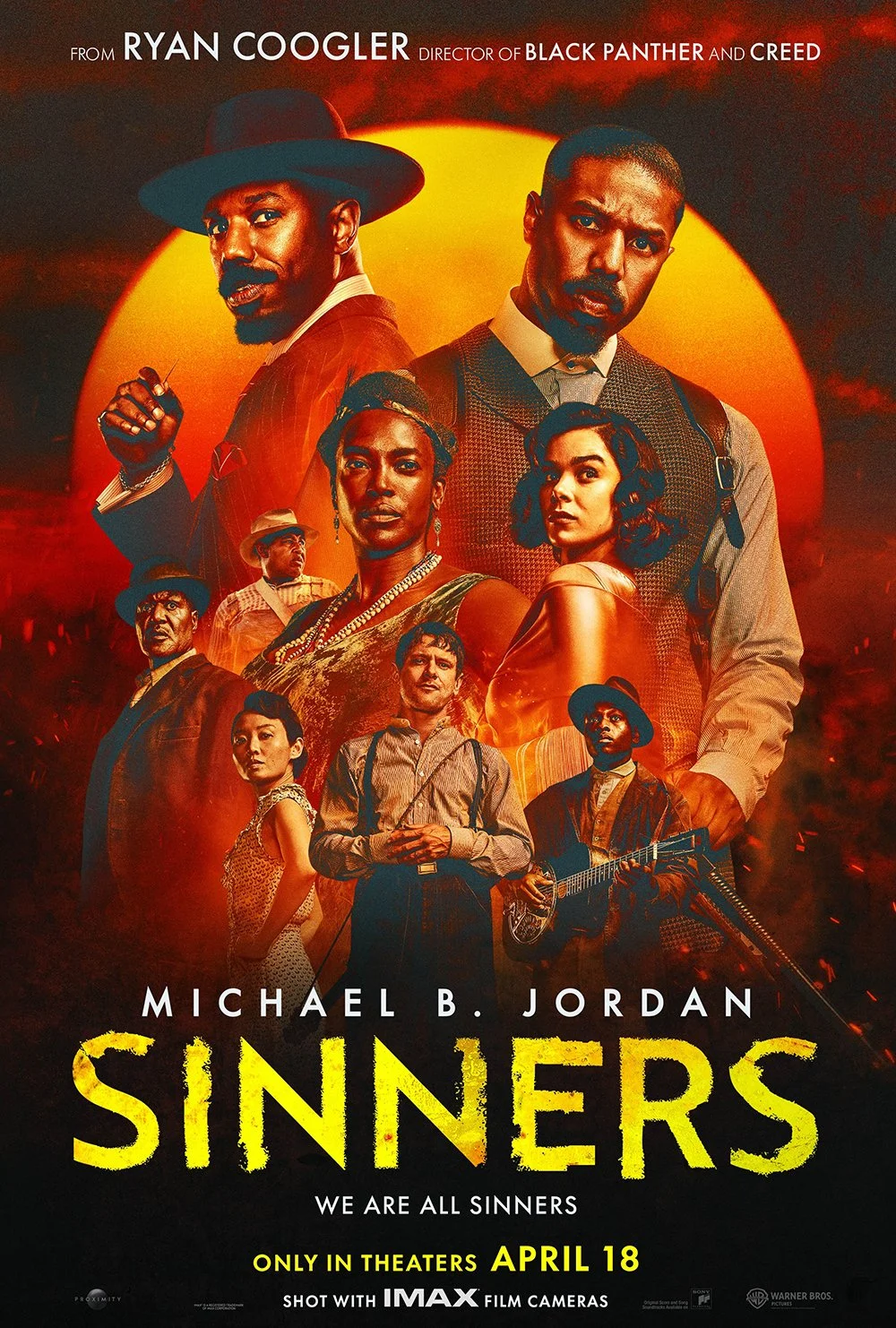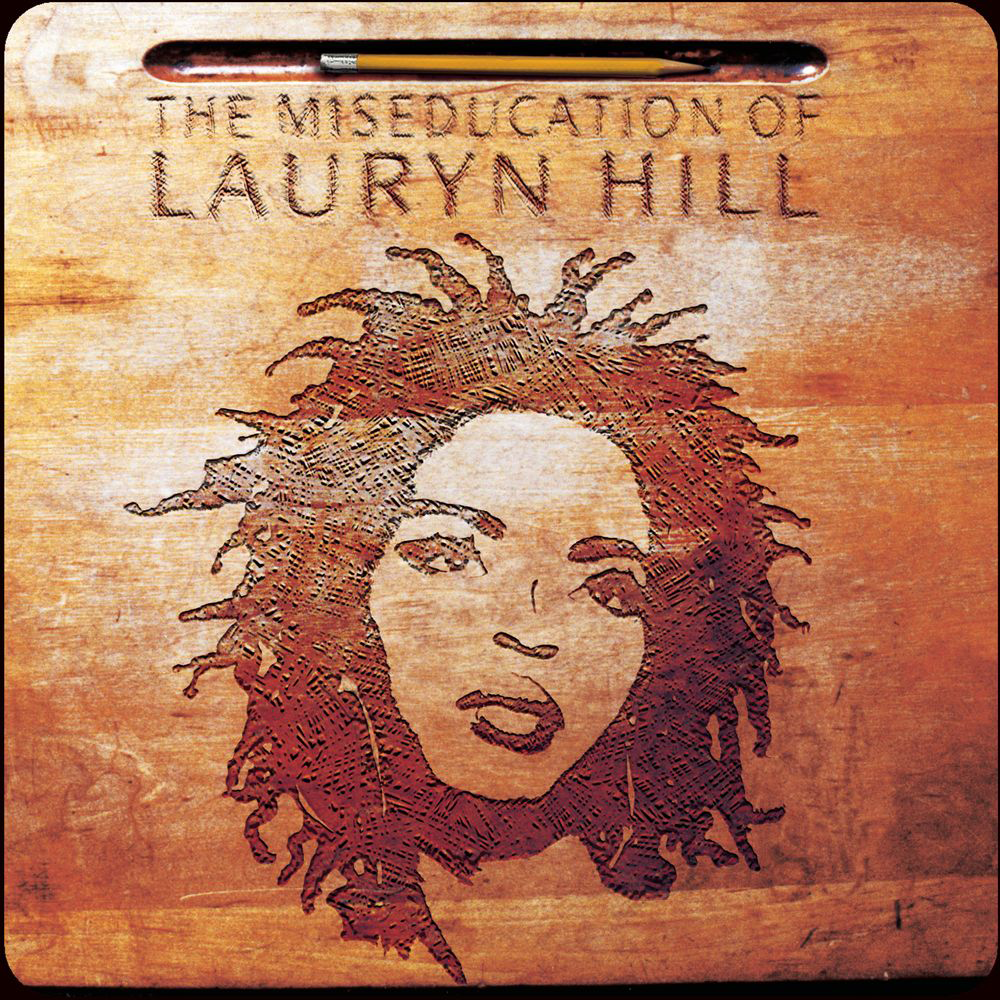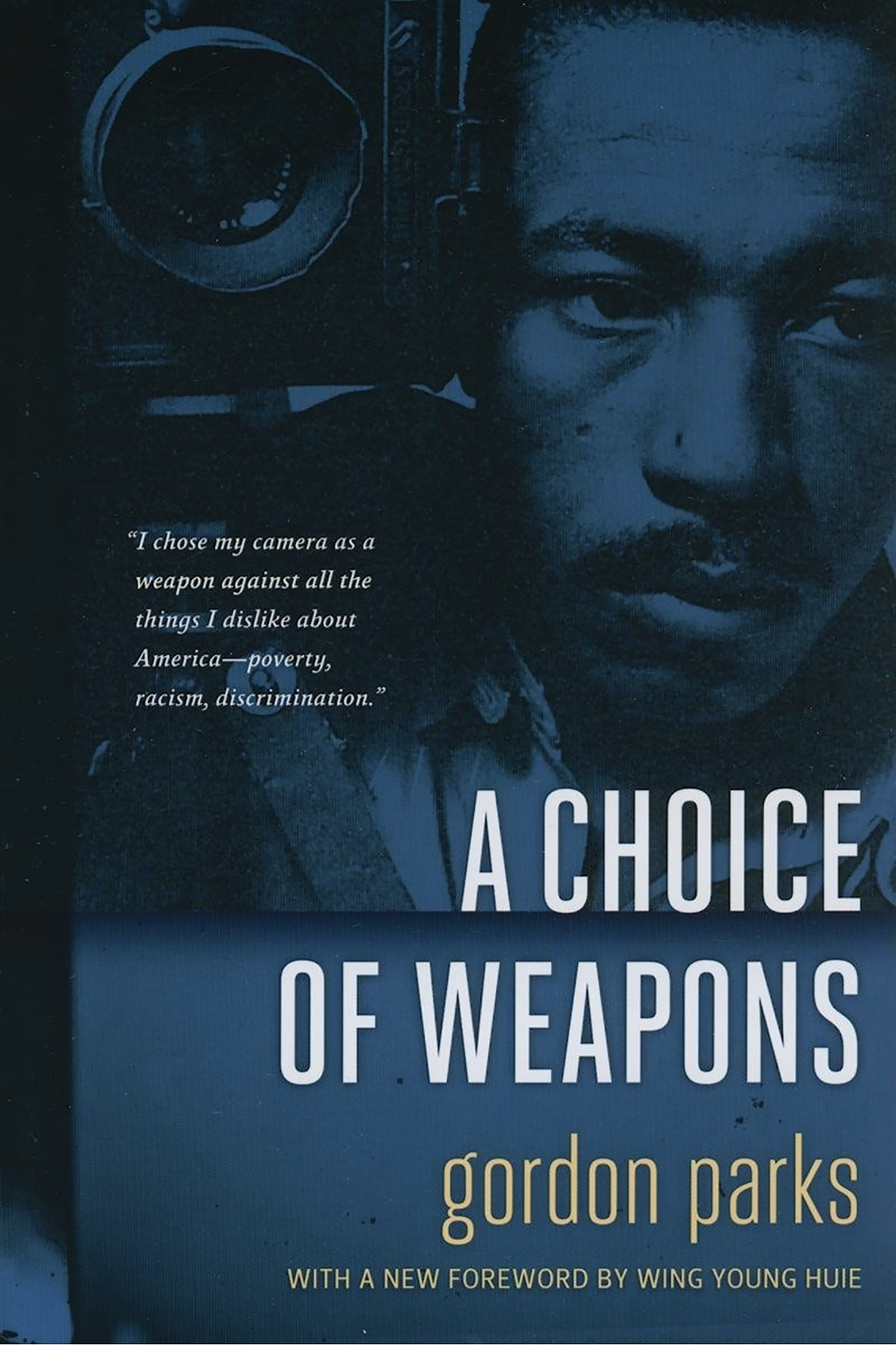Featured Writing
Insights: Film & Television (Reflections, Reviews & Resources)
Insights: Film & Television (Reflections, Reviews & Resources) is a collection of writings on film/TV. Over the last decade+, I have written about film and TV on various platforms and indie spaces (e.g. my now sunsetted film/TV indie blog Cinemacked, and more). This collection is a selection of these writings.
Essay topics:
Representation and its limitations; representation vs. escapism; history and symbolism; film criticism basics; engaging media as “critical fan;” rejecting the “guilty pleasure” label; film discussion online beyond box office/stats; the reemergence of DVD, vinyl and CD popularity; sound design; soundtracks and scores; title sequences/theme songs; the current state of stand-up comedy; slow burn TV shows; tv shows and films about siblings; movie theatre experiences and the pandemic; films about outer space, and wonder as a mental health reprieve.
Full reviews included:
A Ballerina's Tale, A Choice of Weapons, Dolemite Is My Name, Fences, How To Get Away With Murder, Is That Black Enough For You?!?, Jerrod Carmichael: Rothaniel, King Richard, Middle of Nowhere, Miss Sharon Jones!, Pariah, Suits, Summer of Soul (...Or, When the Revolution Could Not Be Televised), Tangerine, The Incredible Jessica James, TIFF Master Class (Julie Dash), Vinyl Nation, Where Flowers Bloom, 42.
Some of the films and television shows with in-text commentary (or relevant mention):
A Different World, Amen, Andor, Beverly Hills Cop, Black Lightning, Boy Meets World, Crimson Peak, Daughters of the Dust, Dexter, Dunkirk, Elementary, First Man, Flashdance, Ford v. Ferrari, Gravity, Hidden Figures, Inception, Interstellar, Living Single, Martin, M*A*S*H, Moesha, Pose, Queen Sugar, Rizzoli & Isles, Rogue One, Saturday Night Fever, Scandal, Shaft, Sharp Objects, Sherlock, Six Feet Under, Star Trek II: The Wrath of Khan, Star Wars, Succession, The Bee Gees: How Can You Mend A Broken Heart, The Chronicles of Narnia, The Crown, The Dark Knight, The Fresh Prince of Bel-Air, The Game, The Lord of the Rings (trilogy), The Mandalorian, The Sopranos, The Thomas Crown Affair, True Blood.
©2024. 113 pages. 14 essays. 20 reviews. Resources link page. PDF format.
SINNERS (2025)
“There is a sublime scene in Sinners where Sammie plays an heirloom guitar at the juke joint and his blues conjures and transcends the confines of any singular genre of music, any singular style of dance, beyond the praise and worship that bodies made of flesh can evoke, not limited by continents or borders that are man-made, not limited by life or death, not limited by the linear nature of time. It is coming of age music for multiple generations. It is Ernie Barnes' "The Sugar Shack." It is a Faith Ringgold quilt. It is a black and white photograph of John Lee Hooker and his chalk drawn diagram of the evolution of the blues. Ryan Coogler, a Marvel veteran, essentially said he will show us a real multiverse. Knowing how much Coogler loves film as a medium and that he made this film as a tribute to his late Uncle James, the elder in his family from Mississippi, made think about how much he combines a respect for film as a medium and a process with reverence for Black pulchritude when he makes a film.”
Vinyl Nation (2020)
“There is some attention paid to Record Store Day (which some collectors love, and some collectors do not) and how it reenergized indie record stores after the "dark ages" of the aughts, but most of the documentary focuses on people offering general perspectives as production, store owners, collectors and general music and vinyl lovers. Something that stood out to me about this part is a record store as a ‘third place,’ or a space that is not home or work and is a social environment. Many people do not go to indie record stores solely to haphazardly consume for the sake of consumption; they have a connection with the music and social experiences with other collectors and owners. I know when I go to my fave indie record store that I have gone to for years now, I usually end up in long and very good conversations about music (and life in general) with the owner and sometimes with other collectors. Third place energy. (While the documentary does not touch on this aspect in terms of race, this particular type of Black third place during the age of segregation was lost for many Black people when Black-owned record stores dissipated.)”
The Age of Pleasure (2023) - Janelle Monáe
“The Age of Pleasure sounds like what to play during the golden hour of summer evenings for some songs and the blue hour and later for others. Energetic and upbeat. But also slow and smooth. Even the palette of the album covers—complimentary colours with hues of orange and blue—makes me think of these evening skies before dark, as well as the general beauty of summer sunsets and oceans. There are moments of the album that make me think of the pleasure of victory and others that make me think of the pleasure of vulnerability. ‘Float,’ ‘Champagne Shit,’ and ‘Haute’ for example, evoke the pleasure of victory. Golden hour songs. ‘Lipstick Lover,’ ‘Rush’ and ‘I Only Have Eyes 42,’ for example, evoke the pleasure of vulnerability. Blue hour songs.”
Pettie Afrique (2017) - Somi
“While I enjoy every song on Petite Afrique, the song ‘Like Dakar’ really moves me. The vocals and instrumentation of ‘Like Dakar’ (like so many of the songs on the album) can bring me to tears even independently of the subjects. Across oceans, cultures and languages—I mean, Petite Afrique literally means ‘little Africa’ and speaks to the history of the diasporic diversity in Harlem—she shapes a story of homesickness and not just for the physical place itself and memories, but the changing landscape of Harlem via gentrification. ‘I remember Harlem.’ ‘Harlem, remember me...too.’ This is a love song, but one of memories and not for any one person, but for an entire place and its cultures. Thus, it is also a song about heartbreak. […] This love that she sings about is like a love of simply being and existing in a space, a cultural safety once experienced but painfully fading away.”
the miseducation of lauryn hill (1998) - lauryn hill
“I was starting my sophomore year in undergrad and there was absolutely nowhere you could go where this album was not playing. Everywhere. Dominance unlike anything else; maybe Outkast's Aquemini would be the close second in my world at the time. I wore The Miseducation out back then; part of the soundtrack of life at 19 years old. I still remember how it made me feel to hear it for the first time and I still have my original cd from those long ago days.
Over the years I have had so many discussions with other Black women about "Doo Wop (That Thing)" in particular, via lenses shaped by e.g. Evelyn Brooks Higginbotham (re: the politics of respectability), Greg Thomas (re: "Queens of cConsciousness & Sex-radicalism in Hip-Hop") and similar reading.. At the same time, I don't require music I listen to to be my 100% ideological mirror; I'm not always "Looking for myself" in art; I'm looking to experience the art, as is. I think even sonically perfect albums have so much room for discussion, especially in terms of context and contradictions.
In terms of vocals, lyrical skill and most of all, musicianship and production, the album will always be one of my all time faves. Many of the songs on the album helped heal pain in a young already complex life back then, and now, are forever bops.”
A Little Devil In America: Notes In Praise of Black Performance (2021) - Hanif Abdurraqib
“A Little Devil In America: Notes In Praise of Black Performance by Hanif Abdurraqib is exquisite. Every page is poetic and despite experiencing chapter after chapter of its pain and/or its beauty, I still found myself newly delighted with each new page. Like, on a very technical level, this is one of the most spectacularly-written books that I have ever read.
Though he writes about subjects (e.g. dance, parties, spades, funerals) and people (e.g. Beyoncé, Whitney, Aretha, Josephine Baker, Merry Clayton, Don Shirley, Wu-Tang and more) I am mostly already acquainted with, this reading experience felt so unique, sharp, honest and informed. To read about artists whose art I know, but with perspectives so far beyond the world of banal and repetitive pop culture writing on Black artists, especially on Black women artists? Dope. To feel something intense about something familiar written in a way that felt like something new? An absolute treat.
Love how the book reveals a reverence for Black art, even when intricate or imperfect and engages critique as something not meant to emptily denigrate but proceed with the same care one similarly expects of praise beyond fawning. The personal memories and reflections he shares on how Black art and performance has an impact on his life are what makes this book so special.”
Black Diamond Queens: African American Women and Rock and Roll (2020) - Maureen Mahon
“Black Diamond Queens by Maureen Mahon is one of my favorite modern books on music. […] The way Mahon discusses race, gender and genre is exceptional. What I love most about this book is it is not just discussing music as sociopolitics and pop culture (relevant, of course), but as *music.* As music...meaning sound and style and substance. As performance. As a discipline and a craft and the role Black women artists have in rock. This is what makes it somewhat unique to me; you really get the best of many worlds in this book. Not to mention demystifying the origins and rigidity of genre. (For me personally, genre is a way to organize music at home, not walls I must abide by when determining what artists I want to hear.)
Big Mama Thornton (probably my favorite section), Tina Turner (second fave section), LaBelle (third fave section), The Shirelles, Claudia Lennear, Ronnie Spector and more are discussed in the book. I have picked this book up so many times in the last couple of years. Quality.”
a choice of weapons (1965) - gordon parks
“Gordon Parks' words are as piercing as his photographs. To understand how his amazing career and life began, even before he ever created his most memorable photographs, this is the book to read.
His youth was saddled between the massacre in Tulsa and the start of the Great Depression; the book begins in his adolescence and ends around WWII. This alone provides a context for his early life of both unique and often mundane yet harrowingly brutal experiences. He recounts poverty with such vivid detail that it hurts to read.
He outlines his pathway to the arts—music before photography actually; photography is not even mentioned until well into the book—and to life (becoming a husband and father); he is honest about how the latter suffers at times because of the former. Piano as a kid and composing music as an adult that lead up to a big show that never got on because it got rained out, as if the universe was leading him elsewhere in the arts.
He capably examines his own interior life and thought processes, even when he errors. Even if he may not correct such errors, his own awareness of them runs quite deep. He is not interested in painting himself as a hero of his own life here but instead portrays very vulnerable truths.
The few kind strangers he meets and friends he makes adds a positive context to his life, a life that at times can initially feel like a chain of one type of suffering to the next. It is as if what he endures is both part of his life and conversely interrupts his real life, one of creativity and vision and passion and restlessness.”
“A True Love For Live Albums”
“The laughter. The audience joining in with the singer. The band getting the place and space to really express themselves. The ad-libs. The explanations and the conversations. The applause. The gratitude. All of these sounds make a live album such a special work of art. No, listening to one will not be exactly like attending an actual concert. […] …but it does not have to. Listening to one in the comfort of my own home, memorizing those moments of laughter, joining in to sing when the audience sings, embracing every moment of the band revealing…”
“The People Who Partly Influence What Music I Love”
“Though some of my experience with music is through influence, some of it is through journey. As in, there really is not anyone that influences my desire, interest or connection to some artists. It is my own exploration, either deliberate or happenstance. This is a big part of my experience with music too. Sometimes that exploration and consumption is a solo journey for the very solo purpose of having music to heal to and music to celebrate that healing to. Music to write to; to create to. To sleep to. To live to. I often say I need music to live; this is not hyperbole for me. However, the very communal experience of loving music, from sharing songs, to singing together to making music itself, is an experience such that when people call music the ‘universal language,’ I can definitely see why. My mom was the first person to show me what loving music really looks like, the kind of medicine it can be. I mean, she played music literally everyday on a Casio keyboard with sound effects and even a setting that made it sound like the kind of piano that we could never afford. I tear up thinking about her singing a gospel song, with lyrics that include: ‘remember me, remember me, oh lord, remember me.’ For her this was the way music could heal.”
“Recluse Blues and The Sincerity of Joy”
“‘Smile.’ It is amazing how a single word can feel so awful when uttered at the wrong time, by the wrong person, for the wrong reason. […] “There is no time where the performance of happiness would ever be more pleasing to me than witnessing real joy, honestly even without my input whatsoever. At a concert; that shared experience the audience has creates a pulse of energy that is almost inexplicable in its intensity. It is like I can feel the energy from everyone else's body. I have not been to a concert since 2017 (and did not go to any during the covid peak), but that feeling is something nobody has to demand or manufacture. It is authentic and overpowering. It is one of the times where I feel deeply connected to human beings as human beings, with a shared source of joy, with an honesty in that moment of experience. Or when I see kids enjoying their summer, laughing as they run through cool water courtesy of a hydrant or fountain. Or when I see an old couple snickering to each other; the decades of experiences, stories and memories they must have. Or when I see a group of friends at dinner loudly filling the space with robust laughter, all dressed to the nine's, all around the same age. Interior lives spilling out into public space, but wrapped in the truth of the potential of goodness in life. No pretense, no demand, no performance. Why would I ever love lies more than I love this? What would I gain?”
“The Best Of Instagram Stories Q&A”
“What makes a movie trailer exciting in your opinion?”
“1) At least one major question is presented and then left unanswered in a way only the film itself can answer. 2) Something memorable from the dialogue itself. 3) Intensity-building to a climactic point either at 0:30 or 1:15 into a 2:20+ trailer. 4) Scenes that aren’t only sex or violence; too many trailers heavily rely on these two. 5) The way the leitmotiv from the score functions to complicate or advance the bit of the story shared in the trailer. 6) Strong cinematography, makeup, costumes and production design.”
![[ T ] R U D Y](http://images.squarespace-cdn.com/content/v1/5663b456e4b04e4daffa9e68/76112d2e-4a00-4a07-9c33-826122c4991d/thetrudz_photo_logo.png?format=1500w)







